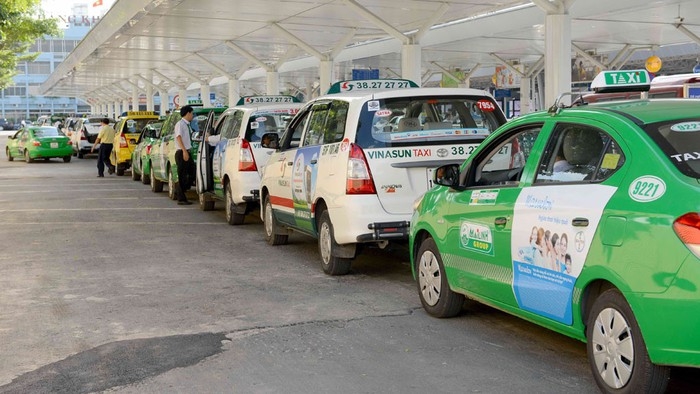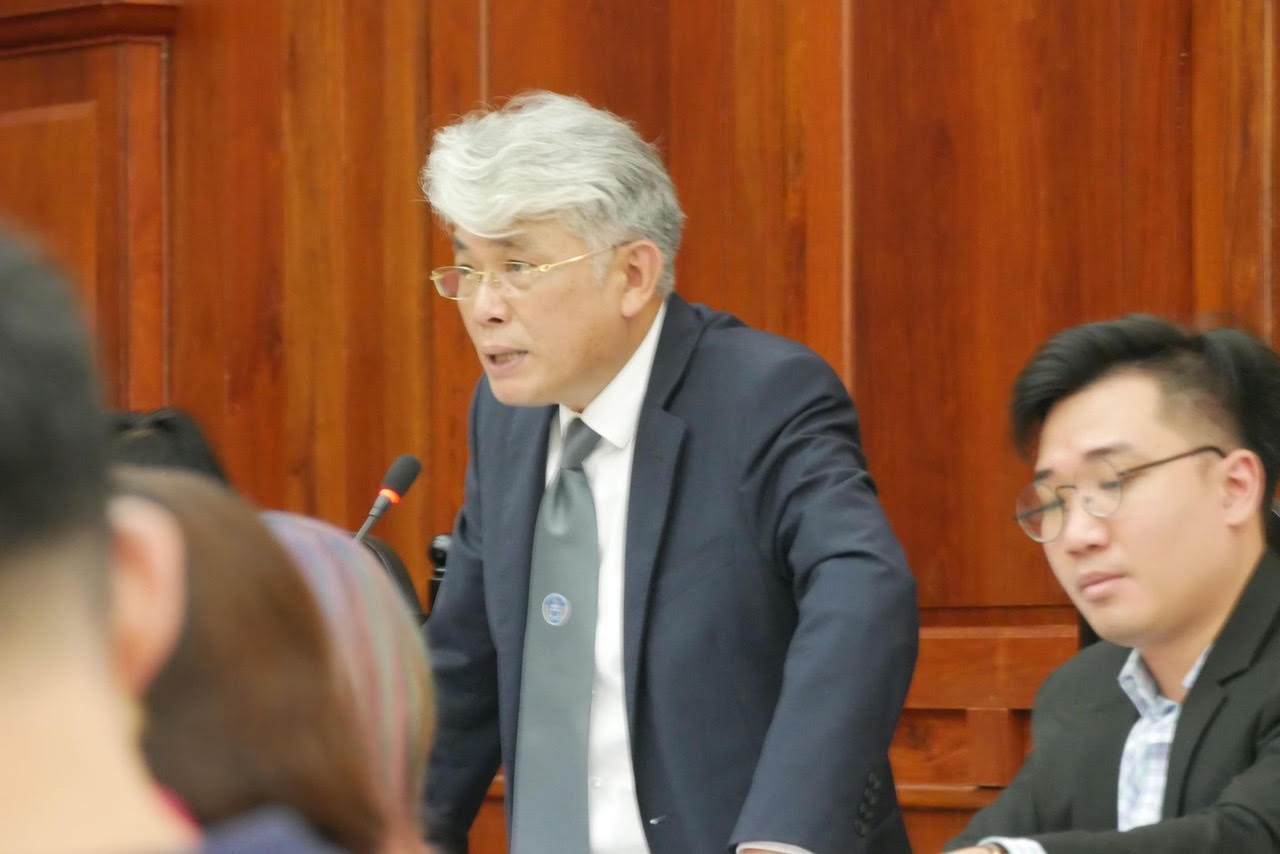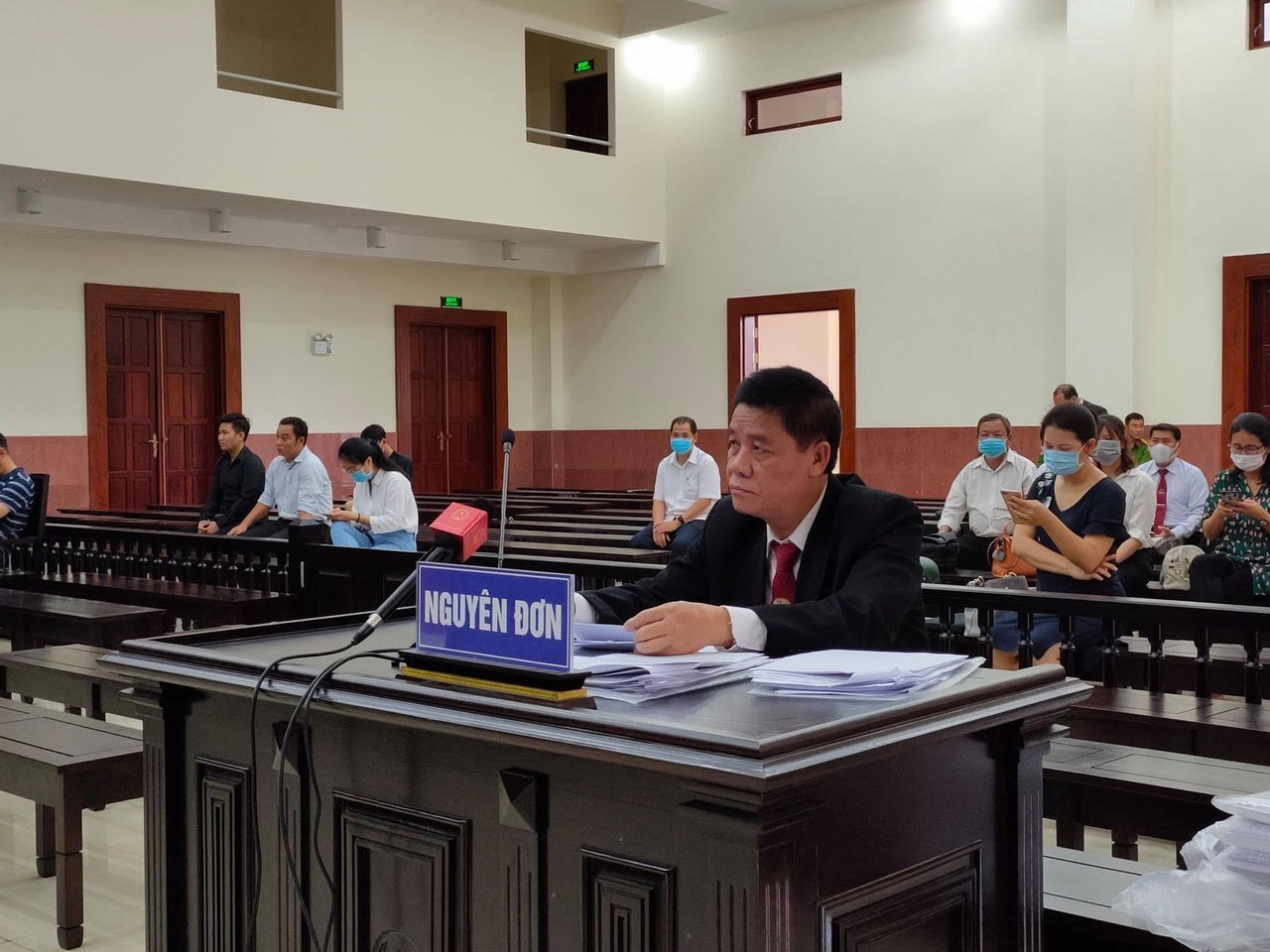Upholding verdict in Vinasun-Grab: Bad precedent for tech companies
 |
| The case of Vinasun and Grab is setting a bad precedent |
At the Court of Appeals, the Supreme People's Procuracy of Ho Chi Minh City has issued the latest verdict to the prolonged legal battle between Vinasun and Grab Vietnam. However, the trial panel rejected the procuracy’s protests as well as both companies’ appeals and decided to uphold the first instance verdict that requires Grab to pay compensation to Vinasun.
Bad precedent for fair competition?
The Supreme Court’s verdict has sent a negative message to both local and foreign tech mulling over investing in Vietnam’s fast-growing digital economy, especially for disruptive firms. The verdict also sets a bad precedent for traditional businesses to file a lawsuit against disruptive businesses anytime.
Also, it encourages traditional businesses to choose the easy route by suing competitors rather than constantly innovating themselves to gain a competitive edge. Above all, the short-sighted protectionism will pose challenging business conditions for high-tech companies as well as foreign investors.
Protecting old business models fro Industry 4.0 trends?
The Supreme People's Court of Ho Chi Minh City upheld the first instance judgment despite the protests of the People’s Procuracy of Ho Chi Minh City. The move goes against the government’s direction to develop the digital economy in the era of Industry 4.0. It also sets a bad precedent that sluggish businesses can sue strong competitors.
In fact, disruptive businesses have applied technology to improve the lives of people and connect thousands of small- and medium-sized enterprises on sharing-economy platforms. Therefore, the protection of old business models over the disruptive ones will dampen the investment climate.
With the short-term protectionism, it is clear that traditional taxi operators are not willing to innovate themselves and apply technology to grow their business. The case is a bad precedent against the trends of competition in the market. It is obvious that more companies will take advantage of the court to dismiss their rivalries. Without technology, how can Vietnam pursue its Industry 4.0 goals?
Arguments of the two sides
At the Court of Appeal on March 10, 2020, Truong Dinh Quy, deputy director-general of Vinasun, said that the inspection results show Vinasun’s loss of earnings and decline in market capitalisation, damages which Vinasun fully attributed to Grab’s "illegal" activities in Vietnam.
|
Meanwhile, Grab's representative said that under Decision No.24/QD-BGTVT, Grab was allowed to sign business co-operation contracts with co-operatives to provide its software application and assist drivers through the app. The ride-hailing company acts as an intermediary.
Grab also pointed out violations in the first instance procedure. There are no persuasive grounds for the Appellate Court to determine that the firm has violated the regulations on transportation business and the Pilot Project under Decision 24. By interfering with the executive power of the government, the court has opened up the floodgates and set a bad precedent for more unfair and anti-competitive lawsuits to surface.
If any business is unhappy with the nature of another business in future, it will similarly be able to abuse and take advantage of the courts to sue their competitors and obtain a judgment in complete disregard to the policy conclusions of the competent government authorities.
 |
| The legal representative of Grab making the case to the trial panel |
In addition, the First Instance Court failed to summon Ministry of Transport as well as a key witness who conducted the damage assessment report [Cuu Long Valuation and Inspection JSC (CVIC)] to court, despite multiple requests. The Appellate Court judgment cannot be made based on CVIC’s findings if there remain many misconceptions, flawed assumptions, and inaccurate methods CVIC has used in calculating damage. Vinasun’s alleged damages were caused by various factors inherent to its business model which are unrelated to Grab. There is also no basis to assert that the cost of Vinasun’s idle cars were caused solely by Grab’s business activities.
According to the People’s Procuracy of Ho Chi Minh City, Grab is authorised to operate in Vietnam. The new tech business model is implemented in the five pilot cities and provinces. Decision 24 provides legal grounds to define Grab. Thus, Grab’s businesses are legal in Vietnam.
There are persuasive grounds for the First Instance Court to claim Grab as a transport business. The procuracy said that Vinasun’s loss of earnings is attributable to several factors, including governance, management, service quality, technology, and changing customer demand, among others. Therefore, there is no causal link between Grab’s operations and Vinasun’s damages.
Based on these arguments, the procuracy said it was baseless for the first instance court to order Grab to pay VND4.8 billion ($208,700) in damages (incurred from idle vehicles) to Vinasun. The procuracy suggested that the trial panel of the Supreme Court accept Grab’s requests and the procuracy’s protest instead of Vinasun’s requests.
What the stars mean:
★ Poor ★ ★ Promising ★★★ Good ★★★★ Very good ★★★★★ Exceptional
Related Contents
Latest News
More News
- PM outlines new tasks for healthcare sector (February 25, 2026 | 16:00)
- Ho Chi Minh City launches plan for innovation and digital transformation (February 25, 2026 | 09:00)
- Vietnam sets ambitious dairy growth targets (February 24, 2026 | 18:00)
- Masan Consumer names new deputy CEO to drive foods and beverages growth (February 23, 2026 | 20:52)
- Myriad risks ahead, but ones Vietnam can confront (February 20, 2026 | 15:02)
- Vietnam making the leap into AI and semiconductors (February 20, 2026 | 09:37)
- Funding must be activated for semiconductor success (February 20, 2026 | 09:20)
- Resilience as new benchmark for smarter infrastructure (February 19, 2026 | 20:35)
- A golden time to shine within ASEAN (February 19, 2026 | 20:22)
- Vietnam’s pivotal year for advancing sustainability (February 19, 2026 | 08:44)


 Tag:
Tag:




















 Mobile Version
Mobile Version